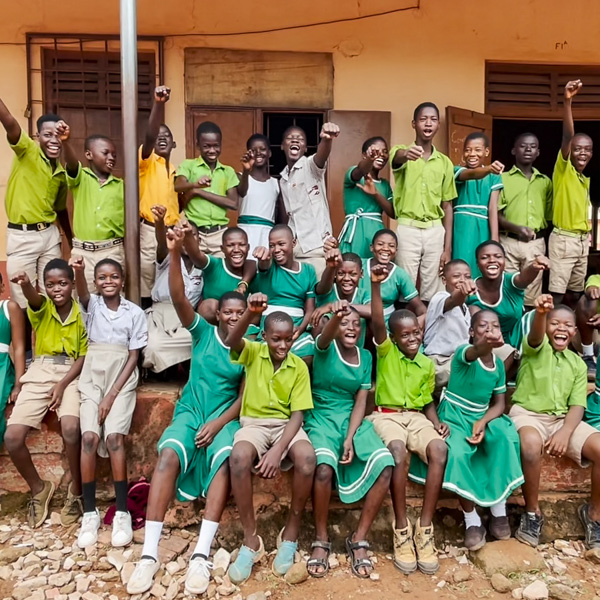Hope Education Project: Module 1 Delivery Update
This week the HEP Human Trafficking Education and Awareness Pilot Project got underway in Tamale, Northern Region, Ghana. As part of our mission to expand human trafficking education in Ghana, Module 1, covering “The Rights of Children and Understanding Human Trafficking,” was delivered across our three participating GES schools: St Paul’s JHS (Gumbihini), Bagabaga Annex JHS (Sagnarigu), and Darul Haddis JHS (New Gbolo).
Overview of Module 1
This first module introduces students to their fundamental rights as children under the United Nations Convention on the Rights of the Child and Ghana’s Children’s Act 1998.
We explored key rights such as education, protection, healthcare, and expression, alongside the important responsibilities that accompany them.
We also provided a simple introduction to the concept of human trafficking. Using relatable examples — like Fatima’s story — we explained how traffickers use deception to exploit vulnerability, and why recognising warning signs is crucial for staying safe.
Fatima’s story forms the basis of one of the plays students will deliver in Module 5 and is also included as a cartoon in the school handouts distributed at the end of the program.

Finally, we introduced the children to the two main types of human trafficking: labour trafficking and sex trafficking. We had been mindful of how to introduce the concept of sex trafficking to a predominantly Muslim cohort of 11–15-year-old students but were encouraged by the serious and thoughtful way the students received the information.
Transactional sex is very much a reality for the JHS3 year group, with Head Teachers and Teacher Patrons sharing with us the growing trend of girls selling sex to their peers to buy data for smartphones. As a result, the students in JHS1 found the concept of sex trafficking easily relatable.
Monitoring and Evaluation
As part of the Pilot Project human trafficking education program, we are conducting monitoring and evaluation with the students to measure the efficacy of the intervention and to gather insights that will help refine and develop the program for future iterations.
Each session begins with a short pre-test, which the students complete individually. At the end of the session, they complete the same test again, allowing us to collect post-session data to assess knowledge gained and identify areas where further reinforcement may be needed.
This monitoring and evaluation process is a critical part of ensuring that our human trafficking education program in Ghana remains evidence-based and responsive to student needs.
Engagement and Delivery Approach
At the end of each session, we introduced the students to the HEP slogan: “Be Smart! Stay Strong! Say No When Things Feel Wrong!” The children memorised it easily, and it proved a powerful way to unify the class and round off the session.
Programs Manager Mariama Adam and co-facilitator Shaban Alhassan delivered the sessions in Dagbani, which has been critical to the success of the program. At Darrul Haddis, the most challenged of our three schools, we were surprised to find that a significant number of students had only a very basic understanding of English, despite English being the official language of instruction from the primary level. By contrast, the program could easily have been delivered entirely in English at St Paul’s, where the level of understanding was notably higher.

Encouraging Participation: The Talking Ball
To control and encourage engagement, we used a Talking Ball methodology. A soft silicone ball was thrown by the facilitator to the student who wished to contribute. Only the student holding the ball was allowed to speak, after which they would toss or pass the ball to someone else.
This approach helped to manage classroom discussions, encourage broader participation, and make speaking out in front of peers feel less intimidating. We found that this method was particularly effective in encouraging girls to participate. Culturally, girls in this region are often expected to be more reserved in mixed-gender settings, and they may be reluctant to voice their opinions publicly.
By using the Talking Ball, we created a playful and structured environment where the girls felt “invited” to speak, rather than having to assert themselves against louder voices. It allowed for a more balanced and inclusive discussion where every student, regardless of gender or confidence level, had the opportunity to be heard.
Next Steps
Next week we will build on this foundation in Module 2: “Traffickers, Victims, and Staying Safe,” where students will explore:
- Who the traffickers are
- Who the victims are
- How trafficking happens
- And the key personal safety concept of “Three Trusted Adults”.
This was a great start to the pilot, and we’re excited to roll out the program across the participating schools over the coming weeks. We are very grateful to the Head Teachers and Teacher Patrons, whose commitment and enthusiasm have been instrumental in making this work possible even amidst their busy school schedules.
Together, we are laying the foundation for a new generation of young people empowered to resist exploitation through human trafficking education in Tamale, Ghana.



